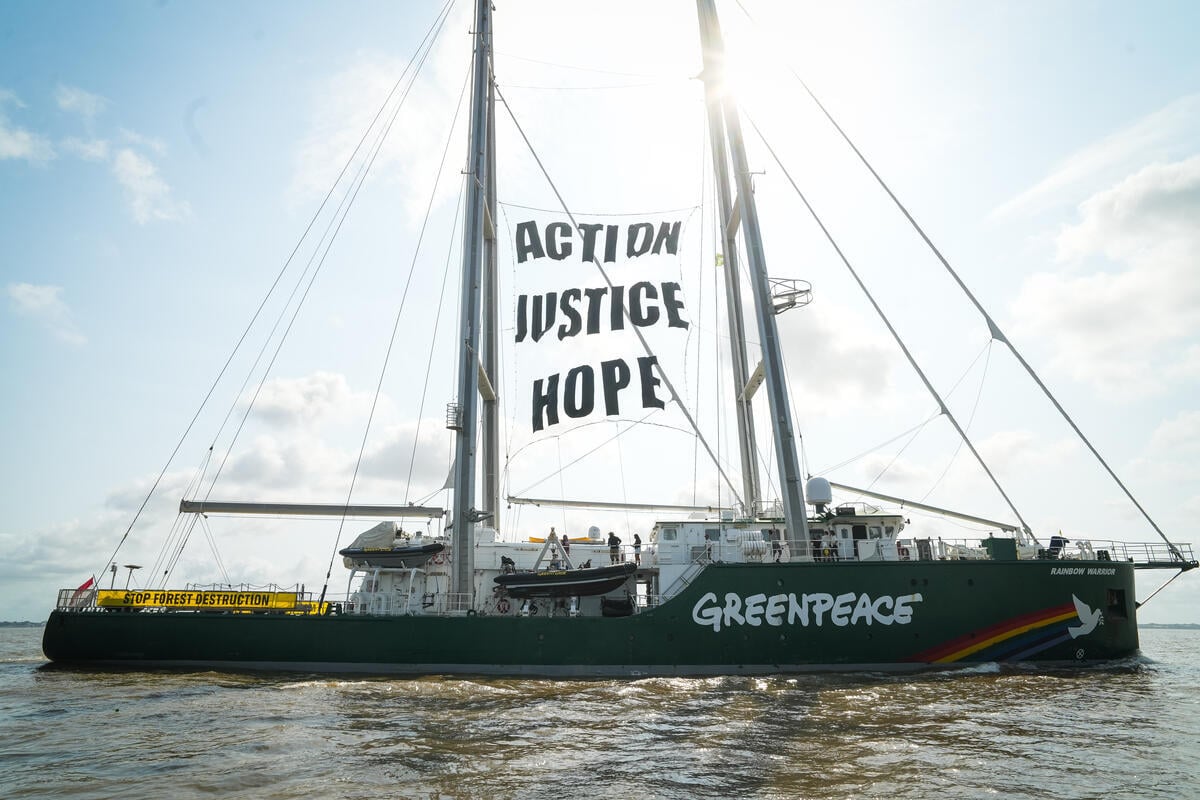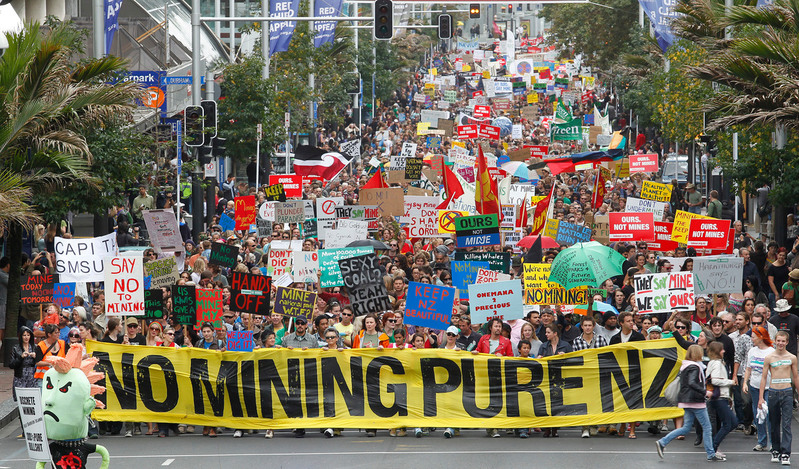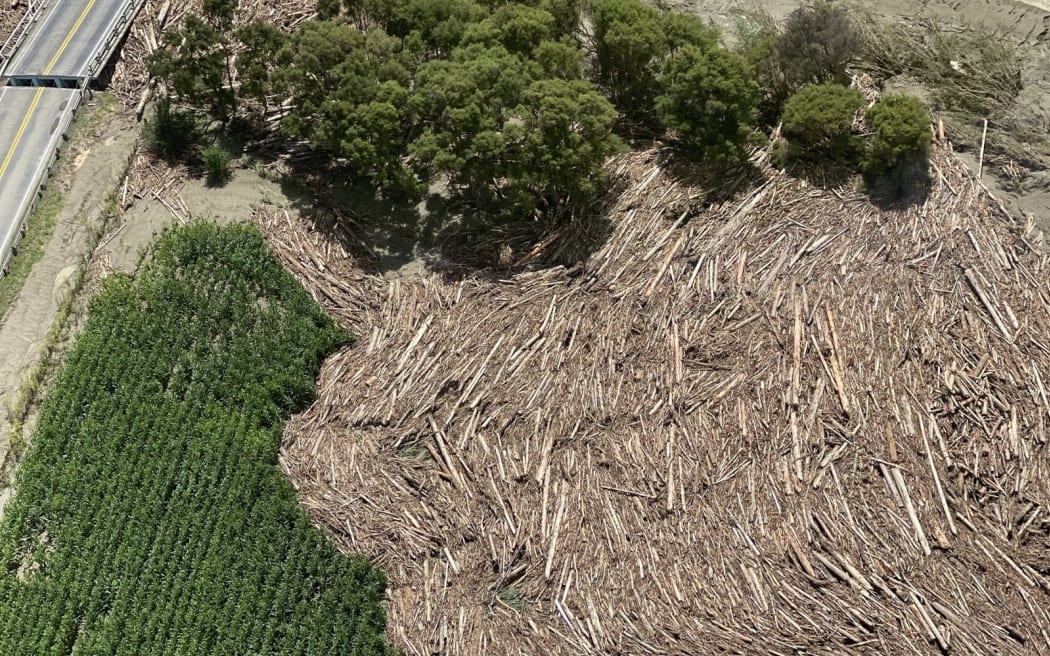The New Zealand Government’s health-first approach to collective wellbeing in the face of Covid-19 is commendable. They need to follow that logic through to the coming economic rebuild and beyond.
It’s hard not to feel scared in 2020. A pandemic has spread like wildfire across the globe, turning our worlds upside down, leaving too many families grieving and too many communities suffering. Here in New Zealand, we thought we were past the worst of it. And the recent second wave of cases and re-entry into Lockdown has left many of us feeling anxious.
There was no manual for how to manage this. People and Governments had to use their best instincts to respond, in the absence of any roadmap. And time has shown that some strategies worked better than others.
Sacrifices for the greater good
When the virus first hit New Zealand in March, the Government chose to put public health first. Leaning heavily on the advice of doctors and scientists, our Government made the difficult choice to introduce a nationwide Lockdown. They asked us to put our collective wellbeing above our personal convenience – for a while. We came together in one of the most difficult moments of our time – and we made sacrifices to protect each other.
This isn’t new for New Zealand. As a nation, we have a history of standing up for the collective good. New Zealand was both first in the world to afford women the right to vote and to introduce state-funded pensions for the elderly. Nor do we shy away from sacrifice. The New Zealand Government famously sent two navy frigates into a nuclear testing zone to oppose French nuclear testing in the Pacific in the 1970s.
As for Covid, our collective sacrifice paid off. For a long stretch of time, we were the only globally-connected country in the world where everyone, including the elderly and people with weaker immune systems, could safely go to a concert, a gym or a wedding.
Before the first Lockdown, some pundits warned that putting public health first would risk the economy. What we’ve seen, so far, is the opposite. New Zealand’s economy has performed well in contrast to countries where public health was put second. My birth country, Sweden never brought in a lockdown and has suffered greater unemployment paired with disproportionately high deaths per head of the population compared to its neighbours. The jury is probably still out and we likely won’t know the long-term impacts for many years. But the statistics, as they stand, make me thankful every day that I live in New Zealand.
A second wave of Covid-19 community transmission
It’s not the news any of us wanted to hear. But it wasn’t a surprise either to learn of the new cases of community transmission. Across the ditch in Australia, we saw how this highly-contagious virus managed to leak out of quarantine facilities and spread faster than anyone expected. Our scientists and our doctors watched the speed at which Covid-19 re-emerged in Victoria and realised we would need to brace ourselves for another wave. The Government listened and swiftly moved into action by announcing a second Lockdown in Auckland.
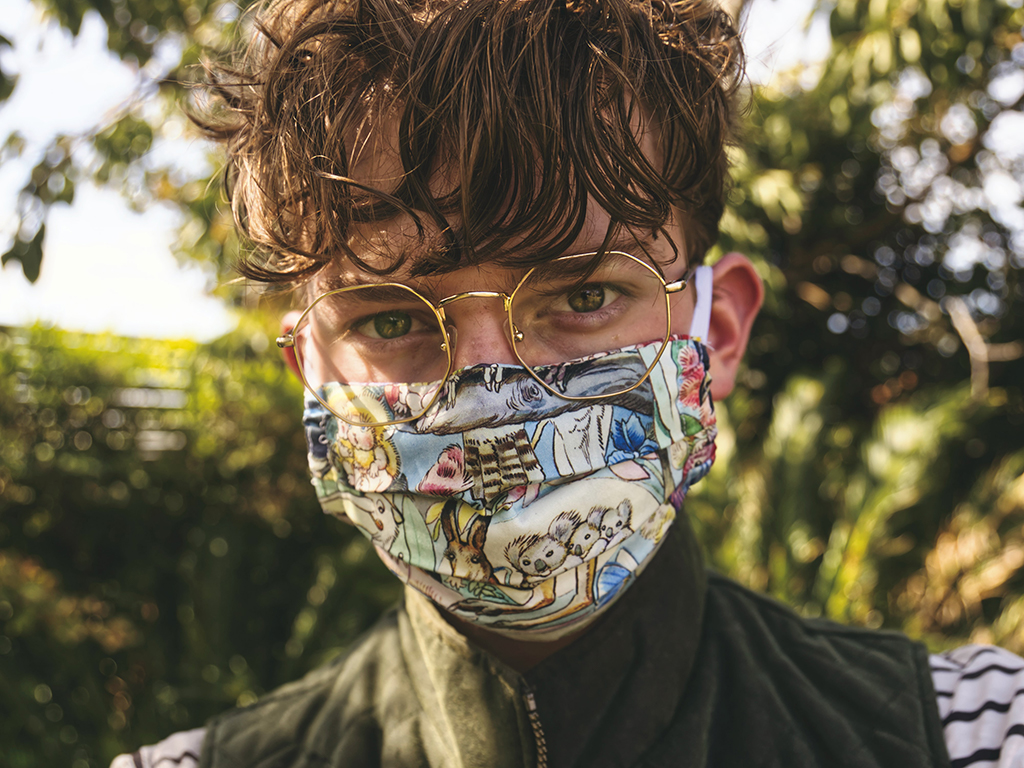
Everything feels harder the second time around. It’s like training for a marathon and then catching the flu. You have to start all over again from square one. And at the back of your mind is the constant worry that you might catch something again, that you’ll have to start over a third time. This is heavy. And no one is feeling as energised about being called up to sacrifice a second time. But this strategy, led by a Government that is listening to the advice of doctors and scientists, has so far proven to be the most effective strategy for saving lives and for protecting our economic wellbeing in the long-term.
Let’s be honest. Our Government isn’t perfect. They have made some mistakes and they will keep making them. The news that nearly two-thirds of staff working in Auckland’s isolation facilities have never been tested came as a shock to many of us – as it should have. This was a failing on the part of the Government. But we’re all human. Even scientists and politicians. What matters is that they listen to the best advice, learn from what works, learn from their mistakes and act on the best available evidence. It’s a strategy that means we are in a much better position than our friends and family in the United States, Brazil, the UK or Sweden.
The New Zealand Government’s health-first strategy is commendable. But there’s a bigger picture here than just the immediate Covid-19 crisis. And this is where the Government is still falling short and needs to seriously up its game.
Where did Covid-19 come from?
The majority of human infectious disease events that have emerged in recent decades have their origins in wildlife, from Ebola to H1N1 (‘swine flu’) and SARS to Covid-19. The increasing destruction of nature and human encroachment into wildlife habitats means we are coming into closer contact with diseases that afflict other species, but have previously been unknown to human immune systems.
Nature – when it is healthy and functioning – limits disease transfer from animals to humans. Ecosystems naturally restrain the transfer of these diseases. But, when ecosystems are degraded, these natural barriers are stressed and broken down.
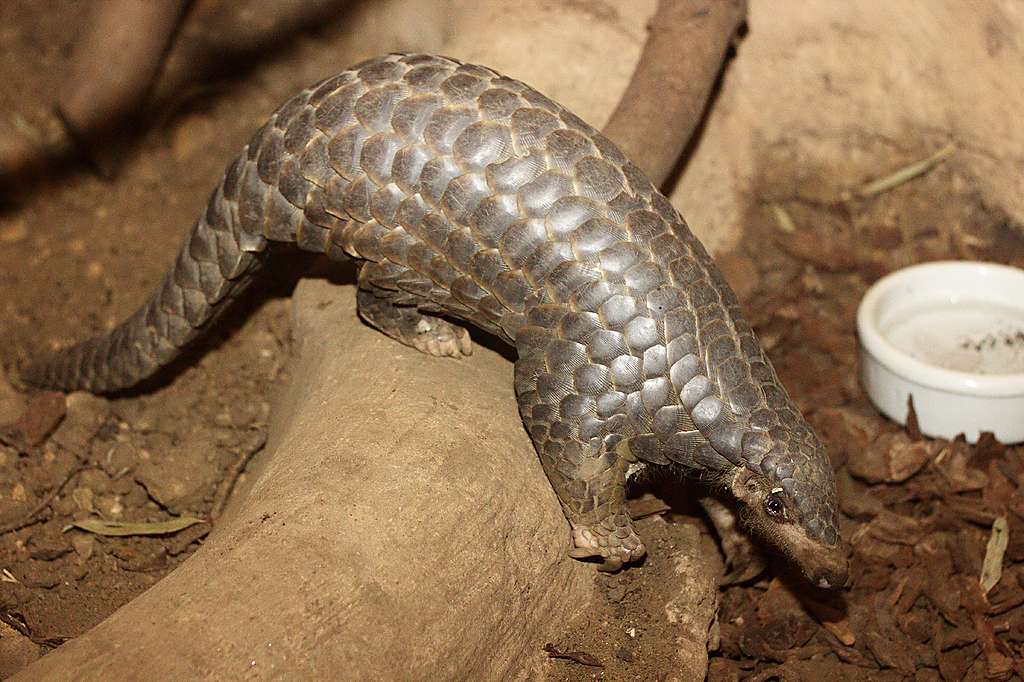
Covid-19 has taught us that, when we destroy nature, we open the door to harmful diseases that put people’s health at risk and cause our societies and economies to grind to a halt. But the opposite is also true. We are part of nature and, when we treat it well, nature looks after us.
It’s becoming increasingly clear that human, animal and environmental health are all interconnected. Restoration and regeneration of nature is an investment in public health. And the Government’s admirable health-first approach to the Covid-19 crisis must extend into the economic rebuild and beyond.
To prevent new pandemics from knocking us sideways, a huge effort is needed to stop the destruction of nature and embark on large-scale restoration. Right now, New Zealand is going in the wrong direction. Our climate emissions are still going up, instead of down. Many of our native plants and wildlife are continuing to decline with around 4,000 species threatened or at risk of extinction. And we’re contributing to the destruction of some of the last intact wildlife hotspots, for example by importing palm kernel expeller (PKE) – grown in burned down Indonesian rainforests – to feed dairy cows.
Despite the Prime Minister pledging to make climate change her generation’s ‘nuclear free’ moment, we’ve seen few policies to address the climate crisis and none that have meaningfully made a dent in New Zealand’s emissions.
The Covid recovery is our opportunity to Build Back Better
There has never been a greater need to transition our economy and society so that they work in harmony with nature. And there has never been a greater opportunity, either. To keep people in work and all our heads above water in the wake of Covid-19, the Reserve Bank has created $100bn through quantitative easing. This money will be used, amongst other things, to buy Government bonds at very low interest rates. These tens of billions of dollars will effectively be free money that the Government will never have to pay back. We have the means to realise a new vision for Aotearoa New Zealand. There is no absence of ideas for how to do it.
Building back better means replacing our current industrial agriculture system with regenerative farming methods – where we farm in harmony with nature and don’t use synthetic nitrogen fertiliser. Industrial dairying is our biggest source of pollution in New Zealand. But farming could be our best solution to this crisis, with regenerative practices that restore soil health, bring back wildlife, soak up carbon from the atmosphere and clean up waterways.
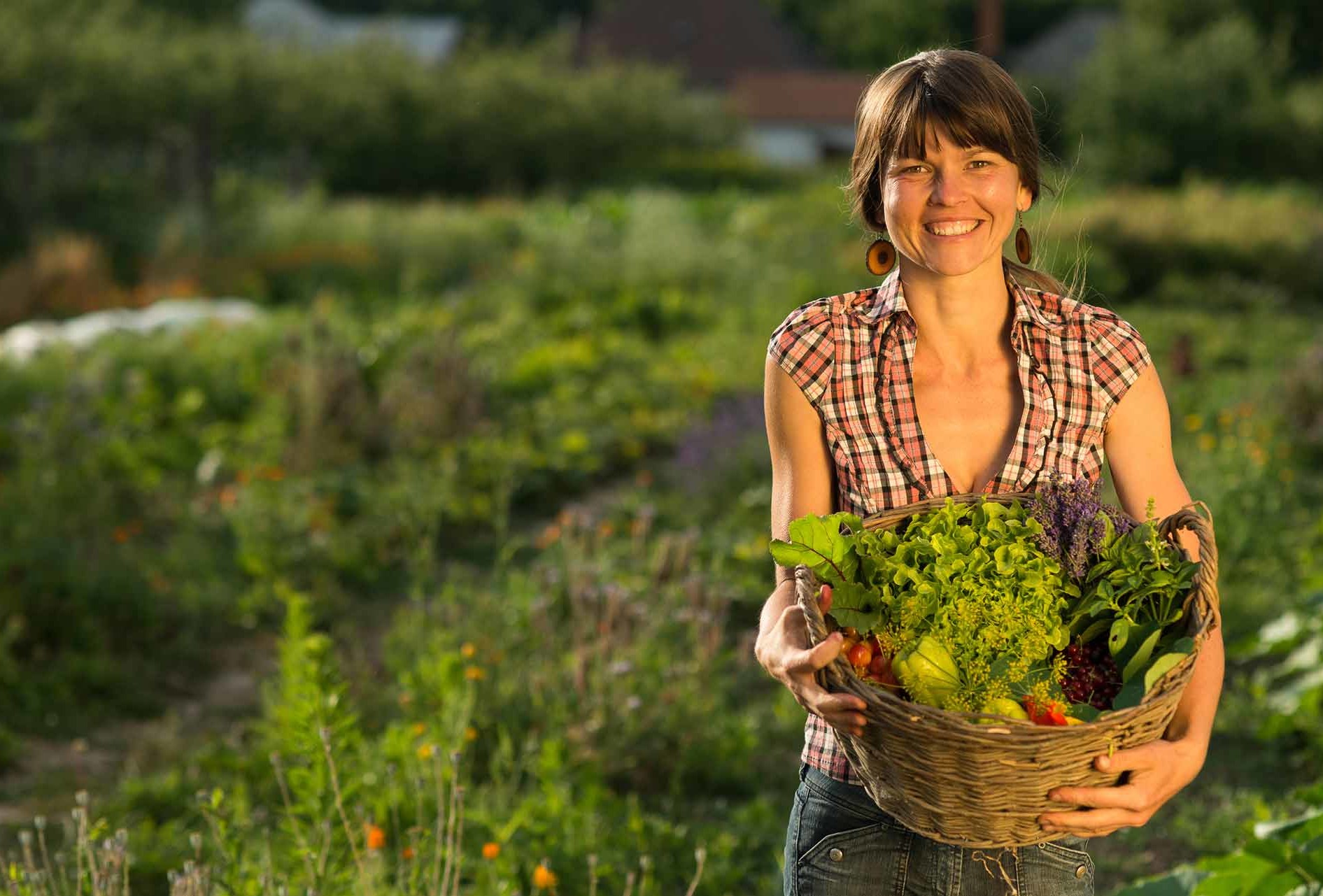
We need to replace fossil fuels like oil, gas and coal with locally-produced and owned renewable energy. We can power our homes, transport and businesses using the sunlight that shines on our roofs and the wind that blows through our countryside, instead of importing oil or mining coal and gas from the land and the sea.
We must replace unnecessary single-use products like plastic drink bottles with reusable and refillable options, creating hundreds of new jobs in the process. And we need to invest in the large-scale restoration of nature, from replanting native forests to revitalising wetlands to restoring mussel and shellfish beds in harbours.
There are so many inspiring, visionary ideas that we can get underway right now as part of the Covid-19 rebuild. And we need to, if we’re going to protect our health in the long-term. But, once again, there’s more to the story.
A just Covid recovery for people and democracy
The fact that human health and ecosystem health are connected might be news to our Western political institutions. But it is core to many indigenous worldviews. And it is just another reminder that the Government needs to get serious about honouring Te Tiriti o Waitangi and tino rangatiratanga. A roadmap already exists in the form of the recently-released Matike Mai report.
We also need to shore up some of the core pillars of our democracy that have been eroded. We need to break the influence of big corporations over the Government. We’ve seen the industrial agriculture companies lobby effectively to prevent politicians from regulating the most polluting industry in our country. We’ve seen commercial fishing companies line the pockets of politicians in exchange for a free pass to plunder the ocean, leaving less and less fish and seafood for New Zealand families to collect. We’ve seen the forums where our politicians should be listening to us, like the Select Committee process, undermined by politics. Our politicians are responsible to us as their citizens and – alongside our economic rebuild – we need to rebuild the institutions of democracy.
A health-first rebuild also means building back in ways that are inclusive. We need to design our cities with the disabled, elderly and children in mind. Making streets safe to walk, use a wheelchair, push a pram or use a walking stick – with separated lanes for people to ride bikes and scooters – should be at the heart of urban design and transport planning. Our cities and regions should be connected by electric, public transport that’s accessible and affordable to all.
And finally, the rebuild needs to create jobs for those most in need. We recently learned that as many as 10,000 out of the 11,000 people who lost their jobs due to Covid-19 were women. We know that, in Aotearoa New Zealand, recessions hit Māori and Pacific communities the hardest. Our Government must prioritise projects that put women, and particularly women of colour, in good and stable employment. We need to get more creative than pumping billions of dollars into familiar projects like roads and construction.
There is no shortage of good ideas, there has never been a greater public mandate and there has never been more money on the table. In short, there has never been a greater opportunity in my lifetime to transition our economy and society so that we live within the limits of our natural systems. If our Government extends the logic of their health-first approach to Covid-19, they will see that protecting nature is a significant investment in public health.


